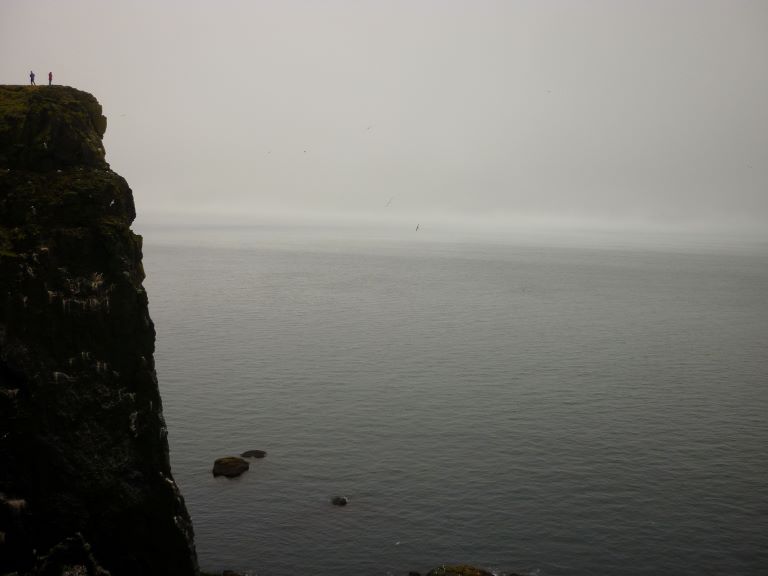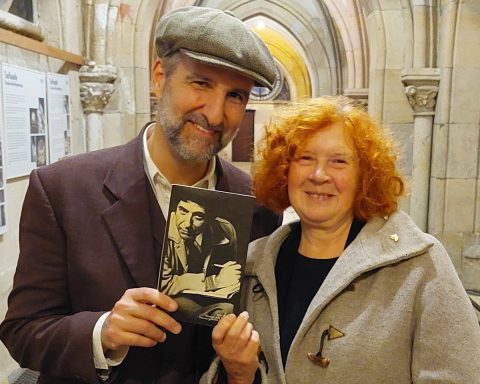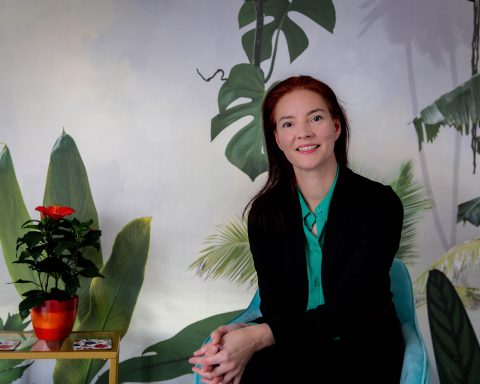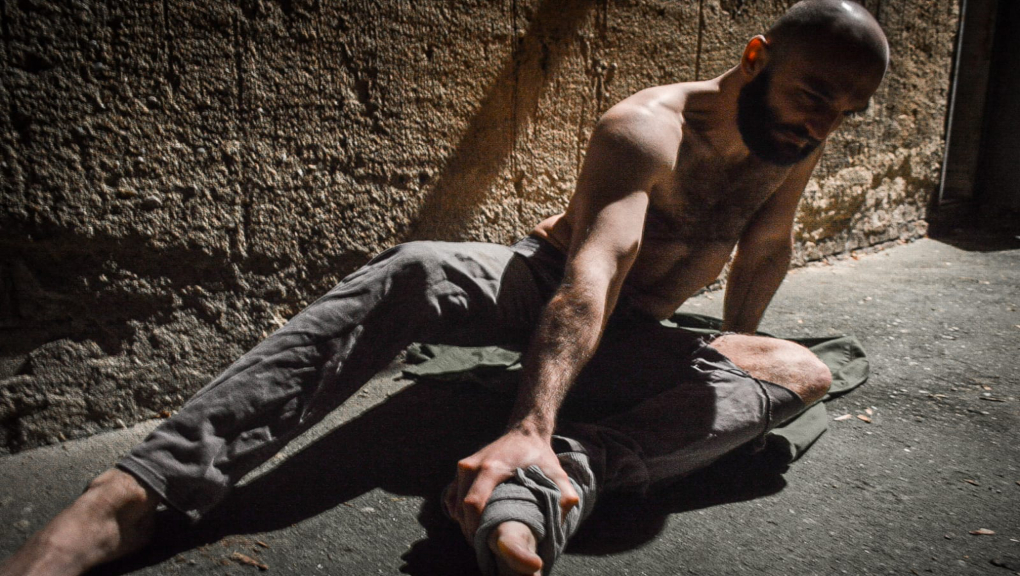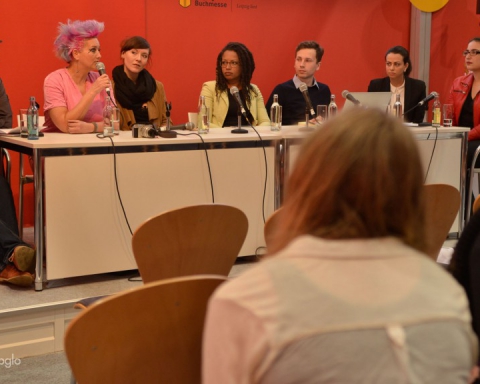As a writer, there are texts that you pore over for hours. You re-arrange your sentences multiple times, until they’re perfect. And that’s okay – as William Zinsser wrote: “Writing is essentially re-writing”. This cathartic poem, however, did not need a lot of pondering.
I’d been struggling lately – with love, work, and my life in general.
Making decisions had become this impossible thing. If you googled “overthinking” – you would have found my picture.
It usually helps to be able to see a thing from different perspectives, but I’ve been looking at my life from so many different angles that I just totally lost my footing. Consequently, I’ve been running circles in my mind – totally unclear about what I actually want. This poem is the result of these feelings. One evening it just became too much, so I sat down and just literally barfed my feelings onto a page.
For my friends, who have been patiently listening to my never-ending “but what ifs”

Leaving Lethe
You’re standing at the finish line. Staring.
What are you doing there? You’ve made it! You should be happy, but you’re not.
Not. Not. Not.
What to do now? You’ve been running and running and running.
Running was easy. Let’s go back to doing that.
You’re turning around, away from the big sign screaming “Finish!” at you. Then a step and another,
Until steps become a walk and a walk becomes a run and a run becomes a sprint.
Yes, this is better, you know this. Running works for you.
You’re halfway back to your starting point and you’ve had enough.
Your lungs are burning, your legs are in a dissociative state and cottonmouth is your middle name.
You’re no longer sprinting, you haven’t been for the past mile.
You remembered – why running was no good the last time. Why you wanted to stop.
The memories are heavy and they are slowing you down, so you’ve gone back to walking.
This is no good. It never has been, not now, not the last three, four, five times you’ve passed
This same godforsaken spot.
You’re debating to stop, turn around, go back.
Back? Back where? The finish? The start?
Maybe there’s a bench somewhere. Or a tree stump. To rest. God, you’re thirsty.
There could be a well. You’re turning around and around and around again.
You’re looking- looking stupid.
Spinning – you’re spinning out.
Where is it? Just a bench. You don’t even need water, just a place to stop moving.
Think.
Good one. Thinking is hard when your heart is pounding in your ears. It’s racing.
If only it could rest, if only you could rest.
But it won’t slow. How could it? You’re still running.
There is no bench.
Everything around you is blurry.
You had a reason at some point, a reason for being here, for walking this way.
Or was it the other way? Where are you anyway?
You’re seeing green, and brown, and sometimes there is blue. The blue is fading, though.
When you started, there was more blue.
You’re exhausted. Stones are cutting your feet. Your shoes have given up long ago.
You can’t. You’re still moving.
If only you weren’t.
Maybe you don’t need a bench. Maybe you can just stop. Right here. In the middle of the road. Lay down, maybe close your eyes. Or don’t – if you keep them open, you might see the blue again.
(c) Elisabeth Winkler, January 2020
edited by Michelle Paschen

